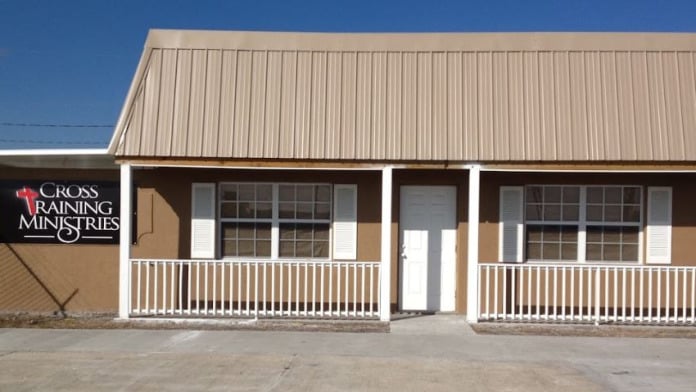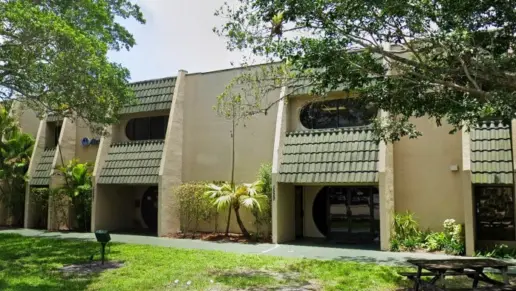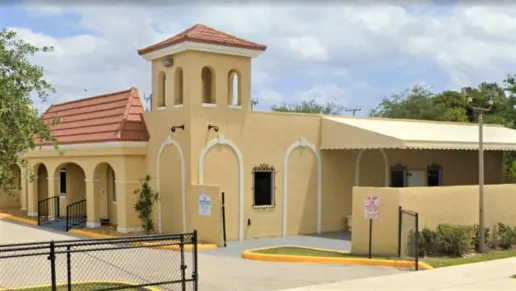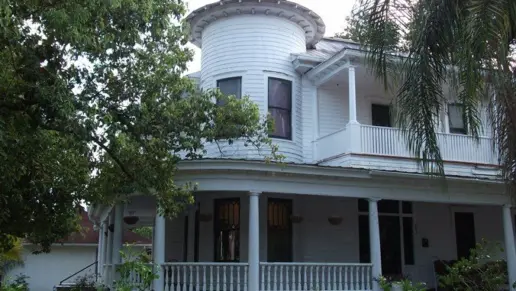About Cross Training Ministry
Cross Training Ministries is located in Clewiston, Florida. They’re a Christ centered discipleship program offered to men struggling with drug and alcohol addiction. Men must be between the ages of 18 to 25 years old and able to commit to the one year program.
The Regeneration Program is separated into different stages. The induction period is the first 30 days. During this time you will begin developing your relationship with God. The detoxification process will also begin at this time.
This stage will also help clear the mind of any negative thoughts brought on by addiction. The orientation period is followed and lasts six to eight weeks. Here men will begin to write the goals you wish to achieve during the program. You will also learn to take accountability.
The regeneration program follows and will last eight to 12 weeks. You will learn the psychological and physical effects of chemical dependency and the necessary commitments needed to recover.
The following portion is inner healing. For the next 10 weeks you will learn forgiveness. You will learn to be open and vulnerable. The final 10 weeks is discipleship training. You will be expected to lead by example, as you will become leaders in the program.
Facility Overview
Latest Reviews
Rehab Score
Gallery

Location
Other Forms of Payment
Self-pay involves paying for treatment out of your own pocket. You can use savings or credit, get a personal loan, or receive help from family and friends to fund your treatment. If you don't have insurance or your insurance plan doesn't cover a specific program, self-pay can help ensure you still get the care you need.
Addiction Treatments
Levels of Care
Treatments
The goal of treatment for alcoholism is abstinence. Those with poor social support, poor motivation, or psychiatric disorders tend to relapse within a few years of treatment. For these people, success is measured by longer periods of abstinence, reduced use of alcohol, better health, and improved social functioning. Recovery and Maintenance are usually based on 12 step programs and AA meetings.
Drug rehab in Florida provides quality treatment to help individuals overcome dependency related to a wide range of addictive substances. Programs address both the physical and mental aspects of addiction in order to help you make a full recovery.
Opioid rehabs specialize in supporting those recovering from opioid addiction. They treat those suffering from addiction to illegal opioids like heroin, as well as prescription drugs like oxycodone. These centers typically combine both physical as well as mental and emotional support to help stop addiction. Physical support often includes medical detox and subsequent medical support (including medication), and mental support includes in-depth therapy to address the underlying causes of addiction.
Substance rehabs focus on helping individuals recover from substance abuse, including alcohol and drug addiction (both illegal and prescription drugs). They often include the opportunity to engage in both individual as well as group therapy.
Programs


Clinical Services
Research clearly demonstrates that recovery is far more successful and sustainable when loved ones like family members participate in rehab and substance abuse treatment. Genetic factors may be at play when it comes to drug and alcohol addiction, as well as mental health issues. Family dynamics often play a critical role in addiction triggers, and if properly educated, family members can be a strong source of support when it comes to rehabilitation.
Group therapy is any therapeutic work that happens in a group (not one-on-one). There are a number of different group therapy modalities, including support groups, experiential therapy, psycho-education, and more. Group therapy involves treatment as well as processing interaction between group members.
In individual therapy, a patient meets one-on-one with a trained psychologist or counselor. Therapy is a pivotal part of effective substance abuse treatment, as it often covers root causes of addiction, including challenges faced by the patient in their social, family, and work/school life.
Contact Information
525 E El Paso Avenue
Clewiston, FL 33440


